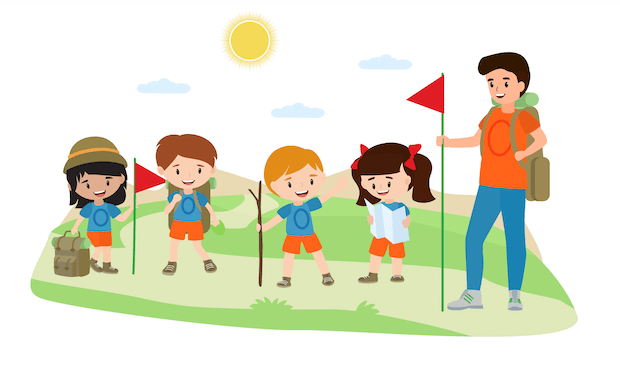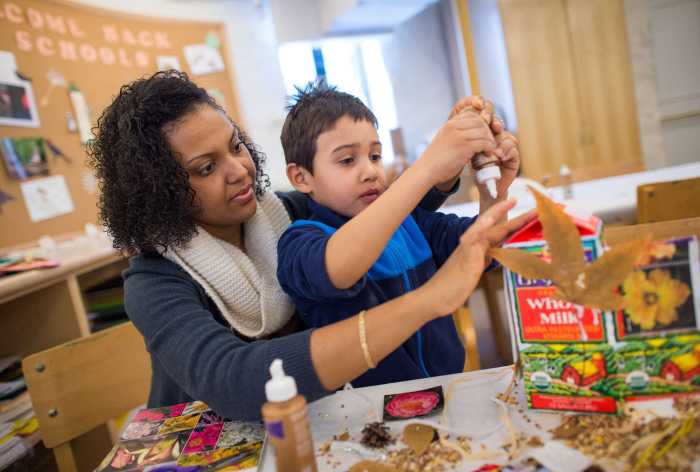
Why Working at Camp is the Best First Job
With summer quickly approaching, many high school and college-age students are deciding how to spend their summer break. For young people interested in a rewarding job with so many benefits, look no further than working as a camp counselor at a day or overnight camp.
Working at a summer camp gives young people hands-on work experience, the chance to make a difference in children’s lives and the opportunity to socialize with peers.
Being a counselor allows teens and college aged students to work outside all day while gaining skills that will prepare them for any future career.
“The type of skills young people leave camp with aren’t the ones learned in school. They are the non-cognitive skills which are the practical skills that they will need for any job,” explains Mark Transport, Owner and Director of Crestwood Country Day Camp on Long Island and co-owner of Camp Southwoods, an overnight camp in the Adirondacks.
“For all future employment, it’s important to be flexible, to be able to work as part of a team and have good communication skills. At camp, you aren’t only communicating with people your age but with young kids and also older adults.
There are lots of decisions being made each day and you learn to make quick decisions that will provide the best experience for children. Making these hundreds of decisions each day will become natural and is a great skill to have.”
Christie Ko, Executive Director of the youth development organization Fiver Children’s Foundation, which operates Camp Fiver in upstate New York, feels that one of the benefits of working at a camp is that they are run by youth development specialists who have the skills to work with young people.
“There is an awareness of how young people develop, what they need and how we can support them in their first few years in the work world. We know young people’s brains aren’t fully developed and we can support them in their learning experience.” Counselors are supported daily, with multiple check-ins by supervisors and staff training that goes on throughout the summer.
“There are meetings and trainings all summer, with supervisors letting them know what is being done right, what should be done to handle different situations that arise and helping counselors make changes right when they are happening,” says Transport. “Camp counselors are supported every step of the way at camp.”
One of the coolest things about working at camp is that it’s a very social job. Young people have the chance to meet new friends, all around the same ages as themselves. “Camp allows young people to meet others that may have similar interests like the love of being outdoors, playing sports or doing art.
Working at camp helps you find people you may enjoy spending time with which is just another added benefit of working at camp,” explains Transport.
Ko says that today’s young people want to know they are making a difference. “Today’s youth are altruistic. They want to make a difference, give back, make the world a better place and level the playing field. When you look at a camp like Fiver that has an important mission, it takes working at camp to a whole other level.”
Alicia Skovera, Executive Director of the American Camp Association, NY and NJ says it’s not too late to apply for a counselor position.
“The demand for quality camp programs is high this summer after the disruptions COVID caused for so many children. Many of our camps are reporting camper waiting lists and the need to hire additional staff. If you enjoy working with children and are looking for a summer job that will be both rewarding and enriching, apply to work at camp.”
Those 16-years-old and older can apply to work at day camp and those 18-years-old and older are eligible to work at overnight camp.
Transport says, “Working at camp is a job you will always remember. Many people go back year after year because of the sense of purpose it provides. Besides the incredible skill development that will be gained and the friendships made, you will have a true impact on the lives of children.”
Psst… Check out Sending your Child to Camp: Digging Deeper into Camp Experience























